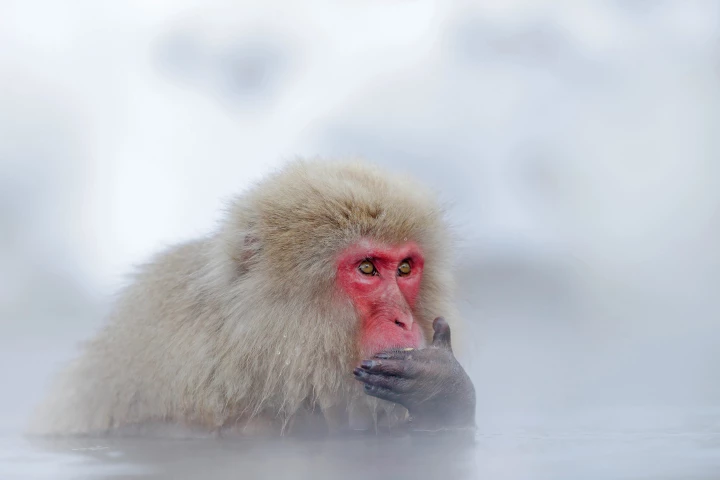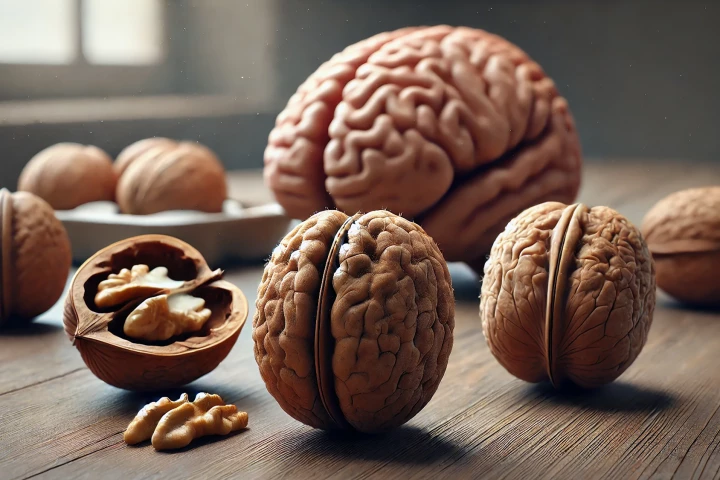University of Reading
-
Not getting enough vitamin D can weaken bones, teeth, and muscles by interfering with calcium absorption. Now there's another reason to avoid a serious D deficiency: it can make respiratory tract infections much worse, according to a new study.
-
The extraordinary evolution of humans is often attributed to two defining traits: large brains and highly dexterous hands. A new study suggests the evolution of these two traits are interconnected across the entire primate lineage, from lemurs to humans.
-
A groundbreaking study has traced the 66-million-year history of primates to overturn conventional thought that our ancestors came from tropical forests. The earliest members of our family tree, scientists say, were actually cold-climate survivors.
-
Young adults who ate a handful of walnuts with breakfast saw a long-lasting improvement in their reaction times and a boost in memory hours later, according to a new study. The findings strengthen the claim that walnuts are a brain-enhancing food.
-
The dynamic way different-shaped snowflakes perform distinct 'dances' within clouds has been found to influence how much precipitation is likely to form. The discovery of this unique cloud choreography opens the door to precise weather forecasts.
-
New analysis of a tool that dates back 300,000 years has revealed that our ancestors were skilled craftspeople that made useful hunting weapons designed for comfort, efficiency and longevity. Some of these skills are still seen in woodwork today.
-
New research shows that swarms of insects like bees and locusts can actually produce atmospheric electric charges. By measuring the extent of this influence, the team found that large swarms could produce as much charge as a storm cloud.
-
A new article has proposed a novel hypothesis for the cause of Alzheimer’s, arguing the disease is caused by a damaged blood-brain barrier allowing fatty molecules to invade the brain and trigger a cascade of events resulting in cognitive decline.
-
Scientists have found evidence of a “space hurricane” for the first time. The storm, made up of swirling clouds of plasma, raged in Earth’s upper atmosphere for hours, dumping huge amounts of electrons like rain in a system that resembles a regular hurricane.
-
A study is suggesting alterations to a dairy cow’s diet can result in milk lower in saturated fat and a clinical trial in humans demonstrates these natural “healthier” dairy products may lead to positive heart health effects.
-
Disassembling electronics into their various components for recycling is a laborious process, and involves the use of eco-unfriendly solvents. Now, however, scientists have developed a magnetically-deactivated glue that could address these problems.
-
We live in increasingly polarized times with increasingly entrenched views. Climate scientist Ed Hawkins hopes to persuade people of the threat of global warming with a new and striking way to visualize climate data: a series of vertical stripes that convey rising temperatures year on year.
Load More











